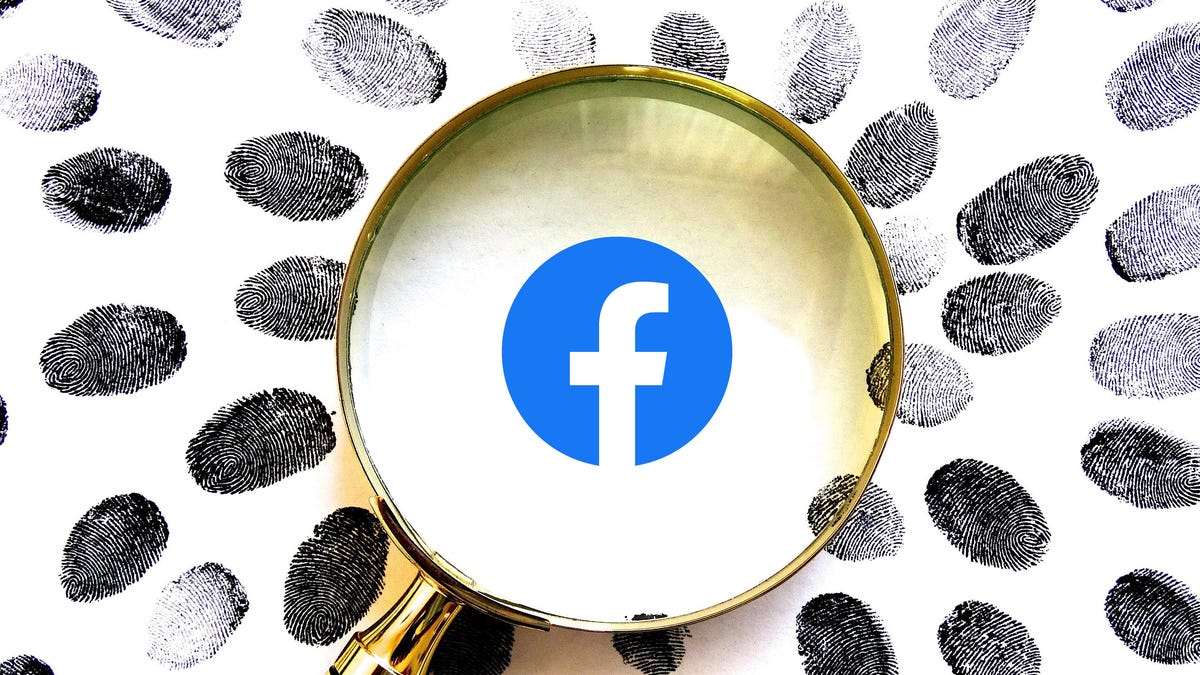 Why You Can Trust CNET
Why You Can Trust CNET Conspiracy theories or no, there's a good reason not to trust tech companies
For any good conspiracy theory to work, it needs a grain of truth. The controversies at Facebook have offered plenty of fodder.

Why do we believe these conspiracy theories anyway?
There's a conspiracy theory that Facebook is eavesdropping on our conversations through our phones to send us better ads.
Despite Facebook's insistence the theory is false, it's a devilishly stubborn urban myth that's held on, since even before CEO Mark Zuckerberg's testimony to Congress last year. CNET's own tests couldn't find any evidence of the supposed eavesdropping, and security experts have dismissed the claim.
What makes many of us believe Facebook is spying says as much about the tech industry as it does about the world's largest social network. Popular myths tend to have a tinge of truth that grounds them in reality, experts say. Tech companies constantly invade our personal lives -- Google , Amazon and Facebook send us targeted ads; phone apps literally track us around stores. That adds plenty of fuel to the conspiracy fire.
More than 3 billion phones have been sold over the past two years alone, according to industry watcher Gartner, enough to give one each to half the people on Earth. And more than 2.38 billion people log in to Facebook each month too.
Facebook's growth has come in part because of its prolific advertising technology, designed to learn and infer everything about you, from your politics to your religious beliefs to your circle of friends. But Facebook isn't the only company closely tracking you. Some firms have advertising technology that targets ads by listening in the background while you're watching TV.
So why wouldn't a company like Facebook go the extra step and just listen in on our conversations through our phones?
"Most Americans can't go through their day without having one of these companies in their lives," said Margaret O'Mara, a history professor at the University of Washington and author of The Code: Silicon Valley and the Remaking of America.
It hasn't helped that Facebook, for example, has failed to protect people's data. At the same time, it's tracking users in ever more detail to deliver ads so well targeted it can feel creepy.
Even if the companies attempt to dispel the conspiracy theories that swirl around them, they may not be able to resolve people's discomfort. "This anxiety we're seeing now is tapping into something more fundamental than Silicon Valley, than something they've done or not done," O'Mara said.
Facebook's new mantra is "the future is private," but that probably won't stop people from believing the company is secretly recording their conversations.
Bad behavior
If nuggets of truth help to make an effective conspiracy theory, Silicon Valley has provided plenty of nuggets.
People who believed Apple purposely slowed down iPhones to nudge us to buy newer models may've felt vindicated when, in 2017, Apple admitted that its iOS software did indeed slow down some older phones. It wasn't some nefarious money-grubbing plot, however. Instead it was an effort to stop a phone from crashing when its battery was too worn out to provide enough power.
Social media companies, meanwhile, are the center of an ongoing conspiracy theory that they're censoring conservatives. President Donald Trump has stoked those concerns, pointing to anecdotes like when conservative commentators Diamond and Silk were removed from Facebook for a short time (the company said it was the result of an "enforcement error.") That particular conspiracy theory has continued to spread, despite the fact that articles from right-leaning publications like Fox News and Daily Wire are consistently among the most popular on social media.
Facebookitself has been at the center of near-endless screwups lately. Last year, we learned it lost control of as many as 87 million people's profile data, which was sold to a political consulting firm in the UK called Cambridge Analytica. Then we learned Facebookmay've attempted to cover it up.
"It goes back to Spider-Man and Stan Lee: 'With great power comes great responsibility,'" said Leslie Berlin, a historian at Stanford and author of Troublemakers: Silicon Valley's Coming of Age. "How do you restore a broken trust in any sort of relationship? It can't be mandated, it has to be earned."
Making a conspiracy
Still, no matter how successful Facebook and other tech companies may turn out to be at rebuilding our trust, it's unlikely the conspiracy theories that surround them will go away anytime soon.
Researchers including Joseph Uscinski, an associate professor of political science at the University of Miami, have found that half the population has a personality trait that makes them more susceptible to conspiracy theories.
"These people are predisposed to thinking in this way," he said. "Different theories keep popping up because people are always looking for explanations."
It's not enough to believe that despite Apple's battery brouhaha, its big annual software updates are often just slow when they're first released, despite offering new features like Animoji, the TV app, Apple Pay and a low-power mode. It's also not enough to believe Facebook and Twitter are more focused on violations of their hate speech rules than they are on politics or on censoring people some of their employees disagree with. Nor is it enough to consider that Facebook's advertising tools may simply be so effective that they serve up ads that feel almost too relevant.
Though conspiracy theories appear to be in vogue right now, rapidly spreading online from both your friends and government leaders, it turns out conspiracy theorists have been here all along.
And it's tough to convince people the theories are wrong. For believers, "it comes down to, 'I know the truth and everyone else are idiots,'" Uscinski said. "There isn't much you can do."

